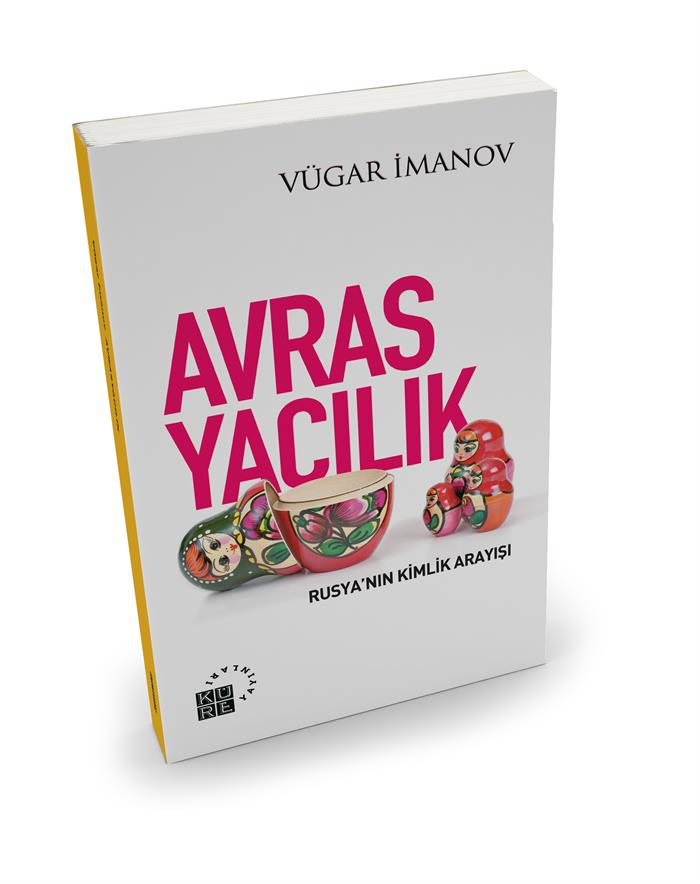
EURASIANISM: RUSSIA’S SEARCH OF IDENTITY
Eurasianism is a movement of thought developed by Russian intellectuals at the beginning of the 1920s in order to overcome the depression which occurred after both the First World War and the 1917 Revolution and then reanimated as ‘Neo-Eurasianism’ after the disintegration of the Soviet Union in the 1990s. Eurasianism as a project to construct a civilisation is an alternative system of thought to that of Westernisation. It reinterprets the identity of Russian civilisation and its surroundings; develops a unique perception of place, understanding of history and socioeconomic structure; and promotes multiculturalism within the country and a multi-polar order in the world, arguing that every civilisation should be nourished from its own dynamics.
Vügar İmanov examines the results of this 20th century movement of thought geographically corresponding to the Tsardom of Russia, from a wide perspective and with a deep knowledge, analysing the basic texts written by its founders. The ground on which Eurasianism was established, key concepts and theses, Eurasianist nationalism and religiousness, biographies and opinions of celebrated names of Classic and New Eurasianism such as Trubetskoy, Savitski and Gumilev, and the effects of Eurasianism on today’s Russian domestic and foreign policies are discussed in the book. The author, focusing on reflections of Eurasianism on Turkey, compares Turkish Eurasianism with a wide spectrum from Doğu Perinçek to Namık Kemal Zeybek and Attilâ İlhan with the Eurasianism developed by Russian intellectuals. The book fills a very important gap in literature by introducing numerous Russian sources on Eurasianism.

